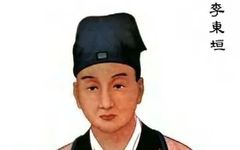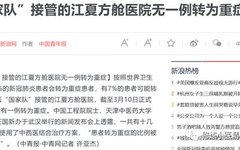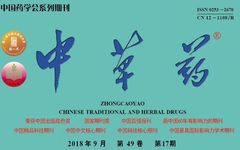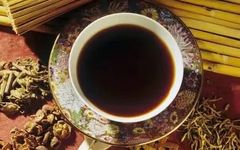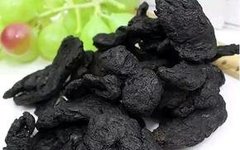An Overview of Li Dongyuan’s Theory of Internal Injuries
Li Dongyuan, a renowned physician of the Jin Dynasty and one of the Four Great Masters of the Jin and Yuan Dynasties, authored works such as On Internal and External Injuries, On the Spleen and Stomach, The Secret Repository of the Orchid Chamber, Medical Inventions, and Essentials of Living. Li Dongyuan pioneered the theory of … Read more

